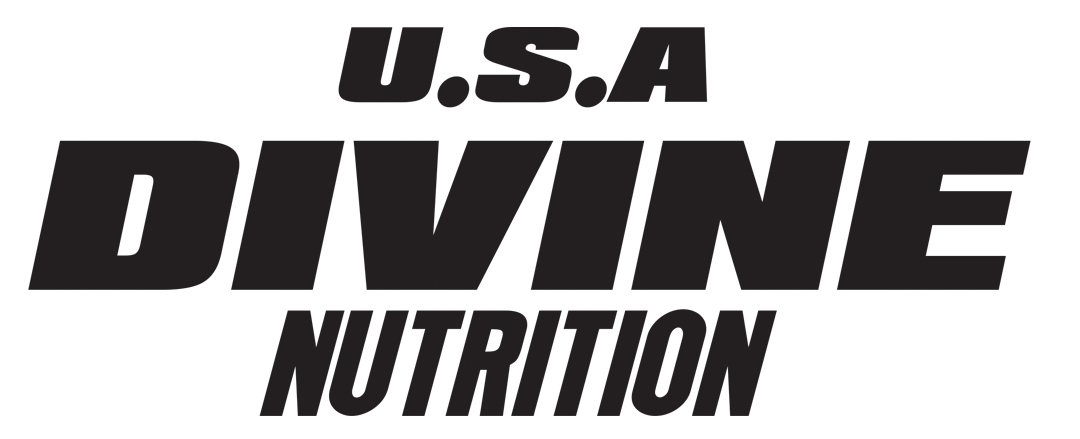Nutritional supplements are products that contain concentrated forms of specific nutrients, such as vitamins, minerals, amino acids, herbs, or other substances. They are intended to supplement the diet and provide additional nutrients that may be lacking or insufficiently consumed through regular food intake.
Nutrition supplements can play a role in supporting the immune system and reducing the risk of infections and illnesses. Here are some of the key supplements that are commonly used for immune support:
- Vitamin C: Vitamin C is a powerful antioxidant that helps to protect the body against oxidative stress and inflammation. It also plays a key role in immune function, helping to stimulate the production and activity of white blood cells.
- Vitamin D: Vitamin D is essential for immune function and has been shown to help reduce the risk of respiratory infections. It also plays a role in regulating inflammation in the body.
- Zinc: Zinc is important for immune function and has been shown to help reduce the duration and severity of the common cold. It also has anti-inflammatory properties.
- Omega-3 fatty acids: Omega-3 fatty acids have anti-inflammatory properties and have been shown to help reduce the risk of chronic diseases, including respiratory infections.
The Importance of Nutrition Supplements
2. Meeting Increased Demands: There are instances when an individual's nutritional needs increase due to specific conditions or life stages. Pregnant women, for instance, require higher amounts of certain nutrients like folate and iron. Similarly, athletes or individuals engaged in intense physical activity may have increased nutrient demands. Supplements can help meet these increased requirements and support optimal health during these times.
3. Supporting Overall Well-being: Certain nutrients play essential roles in maintaining overall health and preventing chronic diseases. For example, omega-3 fatty acids have been associated with heart health, while calcium and vitamin D are crucial for bone health. In cases where dietary intake falls short, supplements can provide these nutrients and contribute to the prevention of deficiencies and related health issues.
5. Compensating for Poor Absorption: Some individuals may have medical conditions or gastrointestinal disorders that impair nutrient absorption. In such cases, supplements can help compensate for the reduced absorption and ensure an adequate intake of vital nutrients.
There is a wide variety of nutritional supplements available on the market, including multivitamins, vitamin and mineral supplements, herbal supplements, protein powders, fish oil capsules, probiotics, and more. Each type of supplement serves a specific purpose and provides different nutrients.
While nutrition supplements can be beneficial, it's crucial to approach them with caution. Here are a few important considerations:
- Quality and safety: Choose reputable brands that adhere to quality standards and third-party testing to ensure product safety and efficacy. Look for certifications like USP, NSF, or ConsumerLab.
- Individual needs: It's best to consult with a healthcare professional or registered dietitian before starting any supplements. They can assess your specific nutritional needs, consider potential interactions with medications, and provide personalized recommendations.
- Supplements as complements, not substitutes: Remember that supplements should never replace a well-balanced diet. Focus on obtaining nutrients from whole foods as the primary source, and use supplements as a complement when necessary.
- Proper dosage: Follow the recommended dosage instructions on the supplement packaging or as advised by a healthcare professional. Excessive intake of certain nutrients can be harmful.
- Regular monitoring: Regularly assess your nutritional status and review your supplement regimen with a healthcare professional. Nutrient needs can change over time, and ongoing evaluation is essential.
Conclusion
It's important to note that while these supplements can support immune health, they should not be used as a substitute for a healthy lifestyle and balanced diet. However, it's important to note that while nutrition supplements can be beneficial, they are not a substitute for a healthy diet. It is always recommended to prioritise a varied and balanced eating plan, rich in whole foods, to obtain nutrients in their natural form.
















